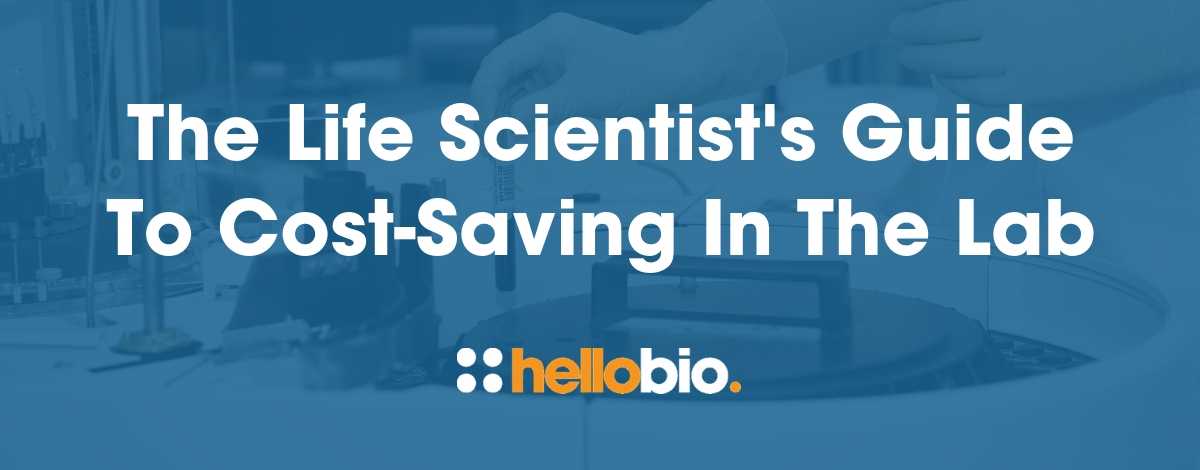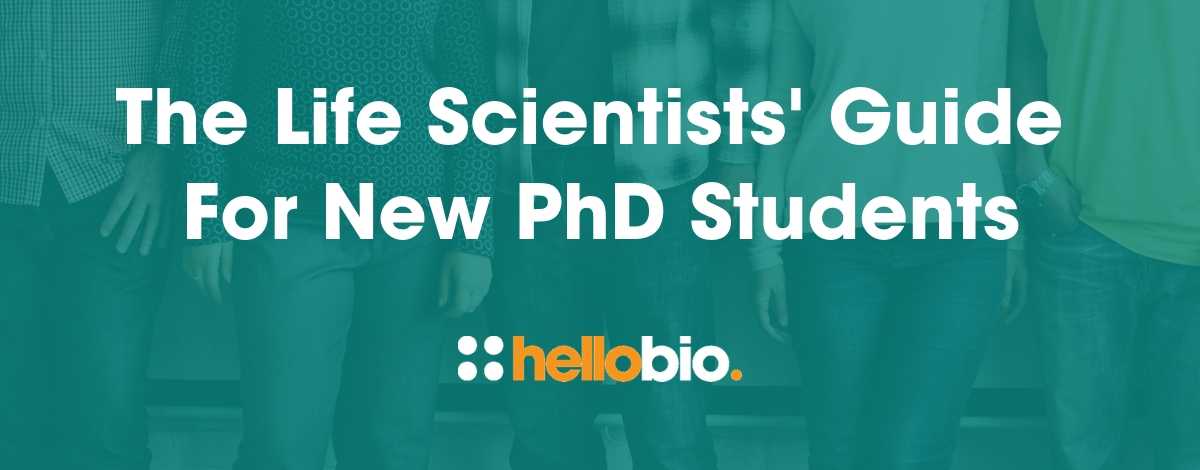Travel Award Winner Arantza Muguruza-Montero
Arantza Muguruza-Montero is a researcher working at the Euskal Herriko Univertsitatea (EHU/UPV) - Biophysics Institute, in the Basque Country. Arantza is researching the molecular dynamics of the interaction between the Kv7.2 and CaM channels and the award will help to fund her trip to the International Kv7 Channels Symposium, in Naples, Italy.
It is amazing that Hello Bio has awarded me with their travel grant for going to the International Kv7 Channels Symposium! For me it is fascinating because it is my first international congress. But not only that, it is also an important event for my scientific trajectory because my PhD project is directly related to the topic of the meeting. I have recently been awarded with a PhD student grant from the Basque Government under the project entitled “Atomic aspects of the calcium signalization in Kv7 neuronal channels”, under the supervision of Dr. Alvaro Villarroel and Prof. Carmen Domene. I think that the Symposium will be great for meeting the top researchers in the field, learning more about techniques, expressing my ideas and my preliminary results in front of them, and so on. I cannot wait for it! Thank you so much HelloBio! It would not be possible for me to go without this grant. Arantza Muguruza-Montero, Euskal Herriko Univertsitatea (UPV/EHU), Basque Country, Hello Bio travel award winner
Congratulations Arantza. First, can you tell us a bit more about what you're working on at the moment?
The voltage-dependent Kv7 potassium channels, encoded by the KCNQ genes, play an important role in cell excitability and their mutations can lead to epilepsy, encephalopathy, arrhythmia and deafness. Kv7 channels act as a gear of a watch in neuronal excitability, so if this gear fails, the watch will not function correctly. It has been demonstrated that calcium (Ca2+) regulates conformational changes through calmodulin (CaM) and we have recently characterized the level of conformational changes of the binding domain of Kv7.2 to CaM. Gaining knowledge of the movements of channels at an atomic level is critical for the study of interactions between biomolecules and for laying the basis for the rational design of drugs that mitigate the consequences of the aforementioned mutations. The main objective of my work is to solve the molecular dynamics of the interaction between the Kv7.2 and CaM channels and to understand the Ca2+-mediated regulation.
What is it about your field of research that gets you most excited?
I really get excited about biomedicine, structural biology and ion channels.
Which scientists working today do you most admire, and why?
At this moment of my life, the scientist that I most admire is Sylvia Earle. She is a great marine biologist and explorer. She loves her work. She loves the sea, she loves marine biology and all the fluorescent creatures living in the deep sea. Although her work is not related to mine, it is a reference for me. In future I would like to speak about my research project with the same passion and facility that she has. After so many years working so hard on her research she is still fascinated by her work.
What do you think are the biggest challenges currently facing life scientists and their work?
Nowadays there is a big scientific challenge on understanding the key mechanisms of mental diseases and designing new drugs. I personally think that the society should give more importance to those diseases because the mental wellness is as important as the physical one.
What’s your favorite science joke?
Once I made a Chemistry Joke... there was no reaction.
________________________________
Thank you Arantza - we hope you have a great time at the Symposium.
Click here to read about our past winners or why not apply for the grant yourself?
_________________________________________________
If you enjoyed reading this interview, why not check out the other resources available on our blog. One of the things we’re most passionate about is supporting early career life scientists and PhD students. We know how tough it is - so we hope you find these helpful!
Advice & guidance for early career life scientists & PhD students
Click below to view our of essential guides and articles includes to support life scientists, PhD students & early career life scientists:
Travel grants
Every month we give away $500 to PhD students and Postdocs so that they can attend a scientific conference - click below to find out more:
Wellbeing for scientists
Click below for our resources to help improve your wellbeing:
Technical resources
Try our Molarity Calculator: a quick and easy way to calculate the mass, volume or concentration required for making a solution.
Try our Dilution Calculator: an easy way to work out how to dilute stock solutions of known concentrations
Click below to see our Mini-reviews, Pathway Posters & Product Guides: a set of technical resources to answer your questions on a wide range of topics and to help you get started quickly.
And - when you get to the stage of planning your experiments, don't forget that we offer a range of agonists, antagonists, inhibitors, activators, antibodies and fluorescent tools at up to half the price of other suppliers - click below to see how we compare with other suppliers:
Advice from your fellow scientists
Click below to read advice from other scientists:






















